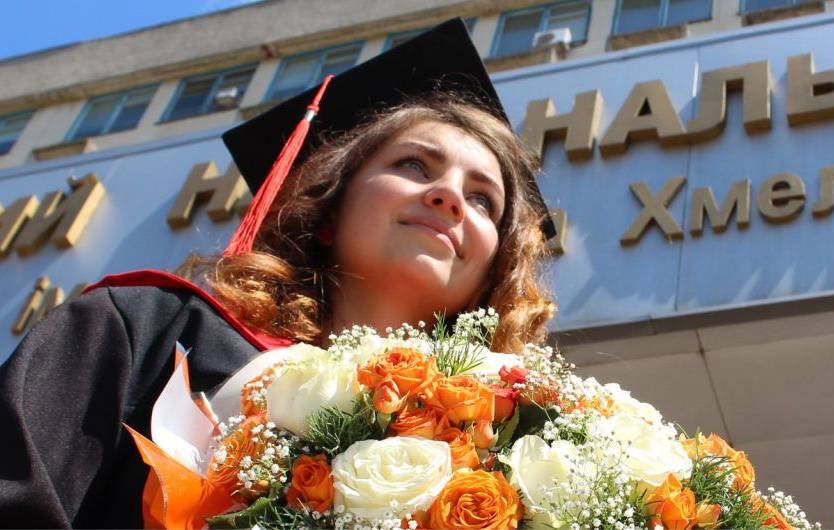In June 2025, the Centre for Digital Education at Bohdan Khmelnytsky National University of Cherkasy conducted two highly relevant training sessions for academic and research staff, aimed at supporting the professional growth of lecturers and researchers in the context of the rapid digitalisation of science.
On June 10, a training session on the topic “Using Digital Technologies for Working with Scientific Sources” was held, during which participants studied modern approaches to referencing and citation in scientific publications. Special attention was given to working with bibliographic management tools, in particular the Zotero program, which enables effective organisation of scientific literature, bibliography generation, source categorisation by topic, and automatic citation in various styles.
On June 24, the training titled “Using Artificial Intelligence in Scientific Research” took place, attracting significant interest among university faculty. The session featured practical examples of using AI tools to analyse datasets, formulate hypotheses, prepare articles and reviews, and automate routine research tasks. Along with the capabilities of artificial intelligence, the focus was on the ethical aspects of its use, the importance of academic integrity, authorship and transparency in research, and the policies of leading publishers regarding the integration of AI.
Both events were conducted by Professor Halyna Lutsenko, Director of the Centre for Digital Education, a specialist in the digitalisation of education. Under her guidance, the training sessions were delivered in a dynamic, interdisciplinary format, with a large number of practical cases and interactive tasks. The participants of the events had the opportunity not only to gain new knowledge but also to exchange their own experience, discuss the challenges of the digital era in the field of science and education. According to the attendees, such initiatives help not only to master technical skills but also to gain a comprehensive understanding of how and when to apply digital solutions.
“Digital tools and artificial intelligence are becoming increasingly integrated into the scientific environment. They assist in processing information, searching for sources, modelling results, and developing new research approaches. However, these advantages also require a responsible attitude, especially in the realm of academic integrity.
Inappropriate use of AI to generate content without proper attribution, automatic generation of texts without review or critical analysis – all of this can call into question the quality and reliability of scientific work,” noted Halyna Lutsenko.
In the upcoming academic year, the Centre for Digital Education will continue a series of training sessions, covering new aspects of IT integration in teaching practices, the creation of multimedia educational content, digital pedagogy, as well as the expanded use of AI in the educational process. Bohdan Khmelnytsky National University of Cherkasy remains a leading platform for preparing a new generation of specialists – those who not only use the tools of the digital world but also shape its content and ethics.
https://cdu.edu.ua/en/news-en/the-centre-for-digital-education-held-a-series-of-training-sessions-for-researchers-on-digital-tools-and-artificial-intelligence.html#sigProId6824a927f5
The Centre for Digital Education














